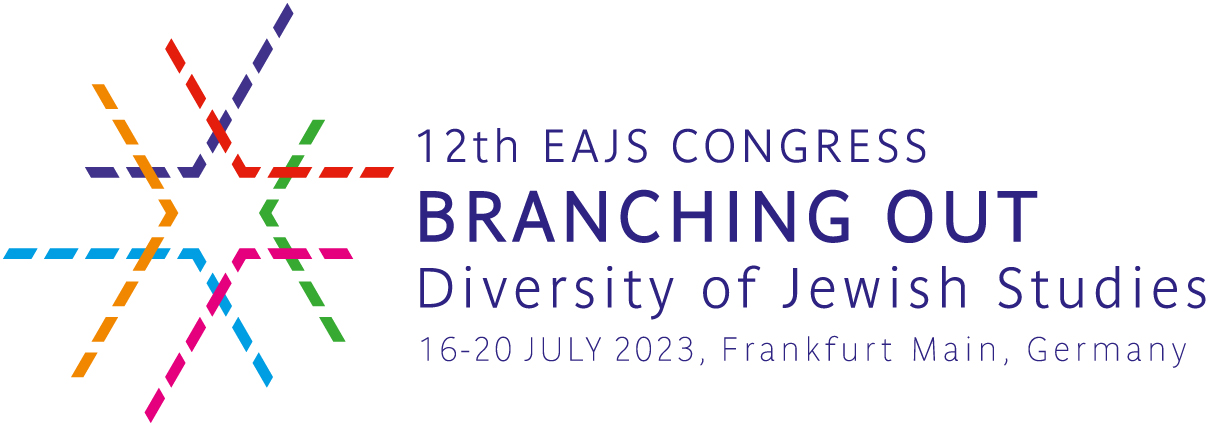Tsemakh David - צמח דוד

David ben Shelomoh Gans, צמח דוד: דיזיז ספר צמח דוד איזט פון דעם לשון הקודש צום טייטשן איבר זעצט. Tsemakh David: diziz Sefer Tsemah David izt fun dem lashon ha-kodesh tsum taytshn iber zetst, Frankfurt am Main 5458 [1698]. Yiddish | Carl Wilhelm von Rothschild Foundation, gifted by Mathilda von Rothschild | Call Number: Jud. Germ. 778 | Digital copy via Frankfurt's Digital Judaica Collections.
Tsemakh David, first published in Hebrew in Prague in 1592, is the oldest secular Jewish chronicle. Written by David Gans (1541–1613) it describes first the history of the Jewish people since the creation of the world followed by an account of central events in world history, for which the author draws on Christian chronicles and sources. Gans' work has seen several reprints which often were expanded to include more recent events.
The University Library Frankfurt holds an unique Yiddish edition of the Tsemakh David, published in 1698, which is less of a translation but rather an extended adaptation of Gans work. It not only offers an account of the most recent history until 1698, but also includes a short section of Frankfurt. Max Holfelder discusses the peculiar features of this edition and explores the work of its printer Zalman Hene, also known as Solomon Hanau.
The two parts of this Tsemakh David open with richly illustrated titles pages, decorated with various biblical motifs. Uncommon for Yiddish prints of this time, Zalman Hene was able to obtain a Haskama, an rabbinical approbation. The most significant feature of this Yiddish edition, however, are four separate pages devoted to Frankfurt and significant representatives of the Jewish community, which are bound between the first and the second part. According to Holfelder, Hene aimed to highlight the significance of the Frankfurt community which in his eyes did not get the attention it deserved in previous editions of the Tsemakh David (ibidem, 122).
The University Library's copy previously was owned by Baron Carl Wilhelm von Rothschild (1828–1901), and was donated to the former Stadtbibliothek Frankfurt by his widow Freifrau Mathilde von Rothschild (1832–1924).
- Aktuelles und Presse
- Pressemitteilungen
- Öffentliche Veranstaltungen
- Uni-Publikationen
- Aktuelles Jahrbuch
- UniReport
- Forschung Frankfurt
- Aktuelle Stellenangebote
- Frankfurter Kinder-Uni
- Internationales
- Outgoings
- Erasmus / LLP
- Goethe Welcome Centre (GWC)
- Refugees / Geflüchtete
- Erasmus +
- Sprachenzentrum oder Fremdsprachen
- Goethe Research Academy for Early Career Researchers
- Forschung
- Research Support
- Forschungsprojekte, Kooperationen, Infrastruktur
- Profilbereich Molecular & Translational Medicine
- Profilbereich Structure & Dynamics of Life
- Profilbereich Space, Time & Matter
- Profilbereich Sustainability & Biodiversity
- Profilbereich Orders & Transformations
- Profilbereich Universality & Diversity






